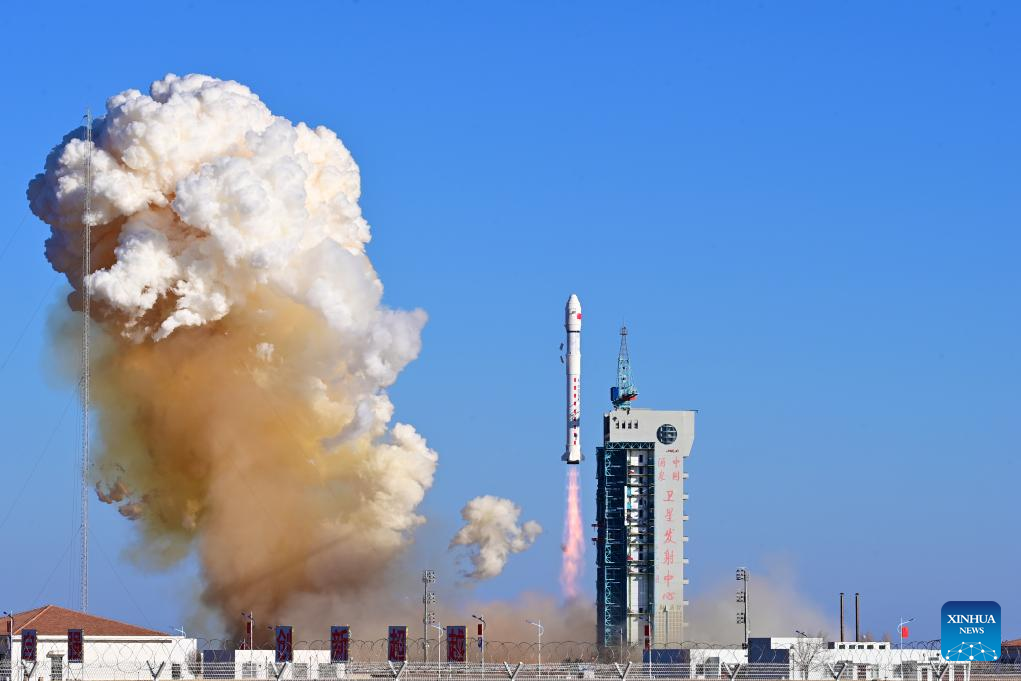Ending the year with one more Long March


A Long March 2D rocket launched in Shanxi province on Tuesday successfully placed four PIESAT-2 satellites into their designated orbits.
Among the nine launches of the Long March rockets this year, this last one stands out as it involved sending four satellites into space via a single rocket. To meet the requirements for satellite deployment, the rocket has a diameter of 3.8 meters. Its larger internal space allows for omnidirectional wave transmission, providing ample space for the satellites and making satellite-to-ground communication more convenient.
Reports indicate that next year, at least eight more satellites of the PIESAT-2 series will be launched, including four sun-synchronous orbit X-SAR satellites and four low-angle C-SAR satellites. The 20 satellites in orbit will fully realize global network operations, significantly enhancing satellite response capabilities.
During the launch of the Long March 2D rocket, its team encountered snowy weather, with temperatures dropping below minus 20 degrees Centigrade. Low temperatures are always a challenge for the aerospace industry. In 1986, the US space shuttle Challenger blew up primarily because extremely low temperatures caused rubber O-rings in the solid rocket boosters to become brittle and fail to seal properly.
More than 30 years later, human space technology has made significant leaps forward, but dealing with low temperatures remains a concern. To mitigate the adverse effects of cold weather, researchers applied thermal insulation layers to the rocket's fairing and critical sections and used ground air ducts at the launch tower to continuously supply warm air to the rocket.
This mission marks the 553rd flight of the Long March rocket series. Years of continuous flights have fully demonstrated its excellent performance and high reliability, providing a strong endorsement for Chinese rockets to serve the world.


































